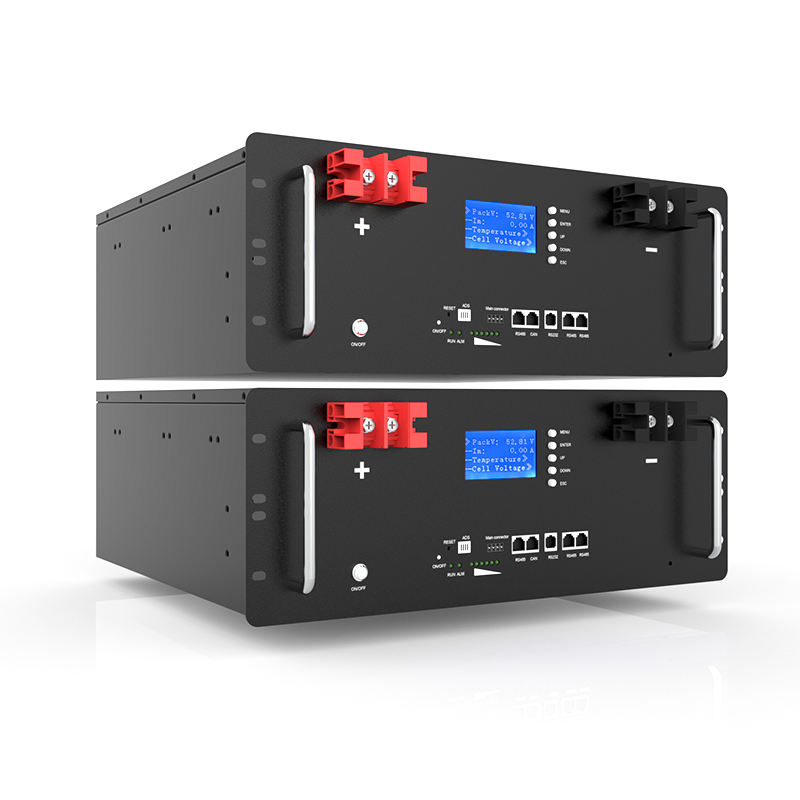(1) it has electronic insulation to ensure the mechanical isolation of positive and negative poles;
(2) it has a certain pore size and porosity to ensure low resistance and high ionic conductivity, and has good permeability to lithium ion;
(3) it is resistant to electrolyte corrosion and has enough chemical and electrochemical stability, because the solvent of electrolyte is organic compound with strong polarity;
(4) it has good wettability of electrolyte and strong ability of absorbing and moisturizing.
(5) high mechanical stability, including puncture strength and tensile strength, but the thickness is as small as possible;
(6) good space stability and integrity;
(7) good thermal stability and automatic shutdown protection performance;
(8) the heating shrinkage is small, otherwise it will cause short circuit and lead to thermal runaway of battery. In addition, the power battery usually uses composite membrane, which has higher requirements on the membrane.
Related Industry Knowledge
- Lishen LR2170SZ 5.0AH Cell Spec
- Lishen LR2170SD 5AH Cell Spec
- EVE INR21700-40PL 17.5C 70A Discharge Cell Spec
- DMEGC INR18650-30P Cell Spec
- Lishen LR1865SS 3.0AH Cell Spec
- DMEGC 18650 29E Cell Spec
- Lishen 21700SD 5000mAh 2C Cell Spec
- EVPS ITR26700-50E(R6) Product Spec
- CBAK 26700FB4 5AH 2C Cell Spec
- HX 32700 6.7AH Cell Spec







